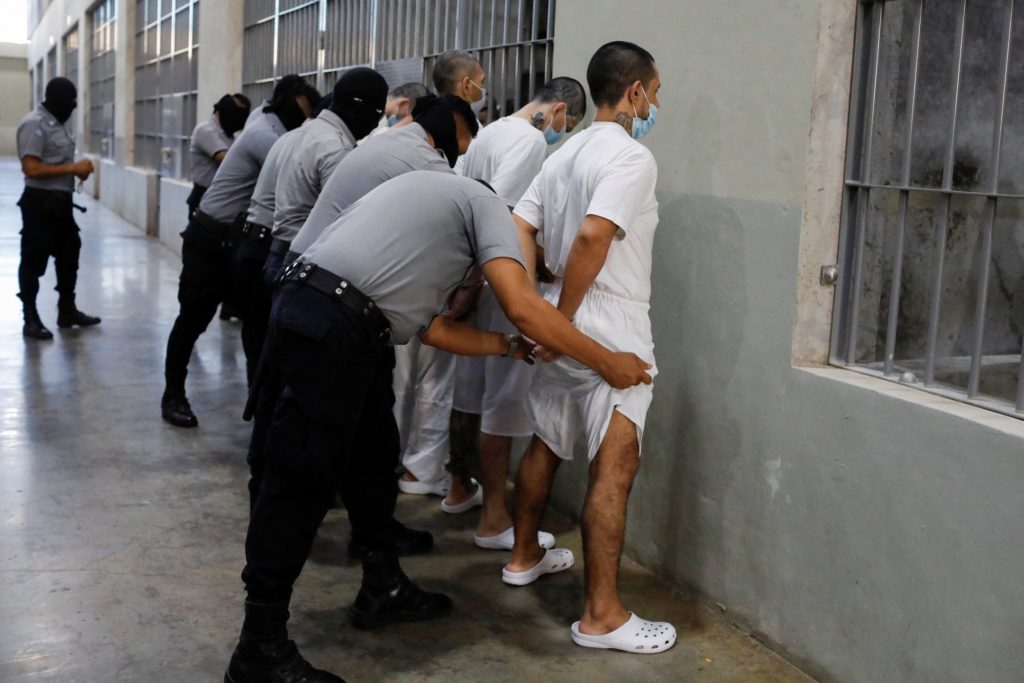
Noah Bullock, Executive Director, Cristosal:
Yes, thank you, William, for the opportunity.
The CECOT prison has become sort of the public face of President Bukele’s security strategy, which is understood as a state of exception. And the prisoners that are often depicted in those photos are prisoners who have literally the names of the gangs that they belong to tattooed on their face.
For people who watch El Salvador, it’s evident that those are the profiles of people, older gang members, who have likely been in prison with sentences for a long time. It’s to say that these types of prisoners have been — were in other prisons and then were likely transferred to the CECOT once it was constructed.
That’s different from what we have documented in the state — in our monitoring of the state of exception. There have been 85,000 Salvadorans that have been detained under this emergency declaration, and they are being held in older maximum-security prisons.
And according to our investigations, those prisons may even have more adverse conditions than the ones that are depicted in the CECOT. We have documented systematic physical beatings, torture, intentional denial of access to food, water, clothing, health care. And the combination of both the physical abuse and the denial of basic needs has led to the death of at least 368 people, according to our investigations.
This post was originally published on this site be sure to check out more of their content.








